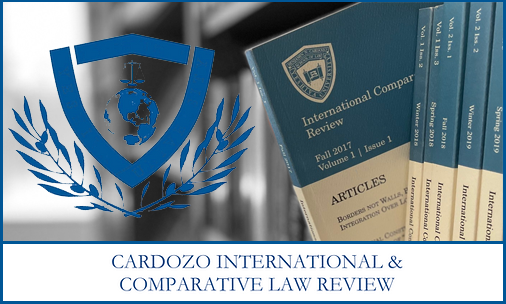Document Type
Blog Post
Publication Date
3-1-2023
Graduation Year
2024
Abstract
Arbitration is a form of dispute resolution used as an alternative to litigation. It has become an increasingly common method of dispute resolution in the United States, with over 9,000 cases and 15 billion dollars going to arbitration in 2021. Arbitration is seen as a beneficial alternative to litigation in the United States for a number of reasons. It takes much less time than traditional litigation so parties can expect to have a resolution to their claim much faster. Additionally, it can be much more cost effective than litigation because it does not have the same extensive discovery process as litigation, which is a source of significant pecuniary and temporal costs. Further, the rules of evidence do not apply to arbitration, so arbitrators can consider evidence that would be deemed inadmissible in a litigation proceeding. Finally, decisions as a result of arbitration are final, meaning that there is no appeals process available to the losing party and the matter is closed after the decision. Arbitration therefore provides a beneficial and unique alternative to litigation for parties seeking a fast and definite answer to their disputes.
This post was originally published on the Cardozo International & Comparative Law Review on March 1, 2023. The original post can be accessed via the Archived Link button above.
Recommended Citation
Pearson, Emma, "Arbitration: Who Does it Better?" (2023). Cardozo International & Comparative Law Review (CICLR) Blog. 70.
https://larc.cardozo.yu.edu/ciclr-online/70



